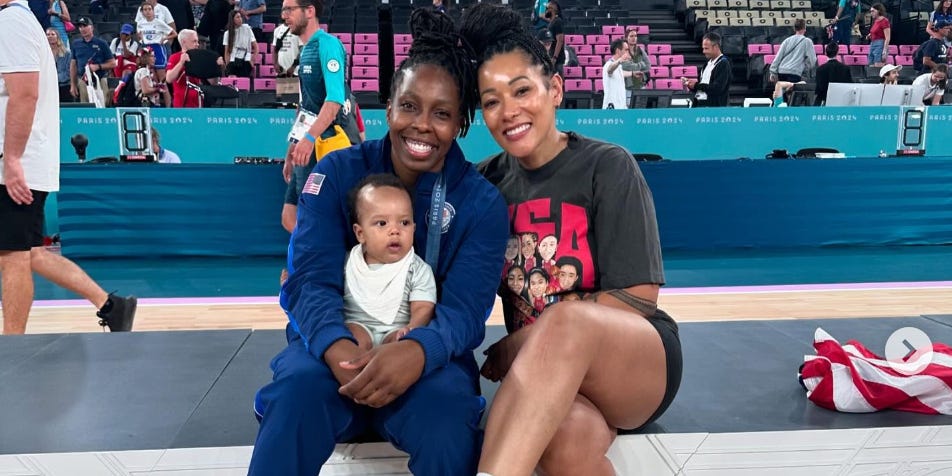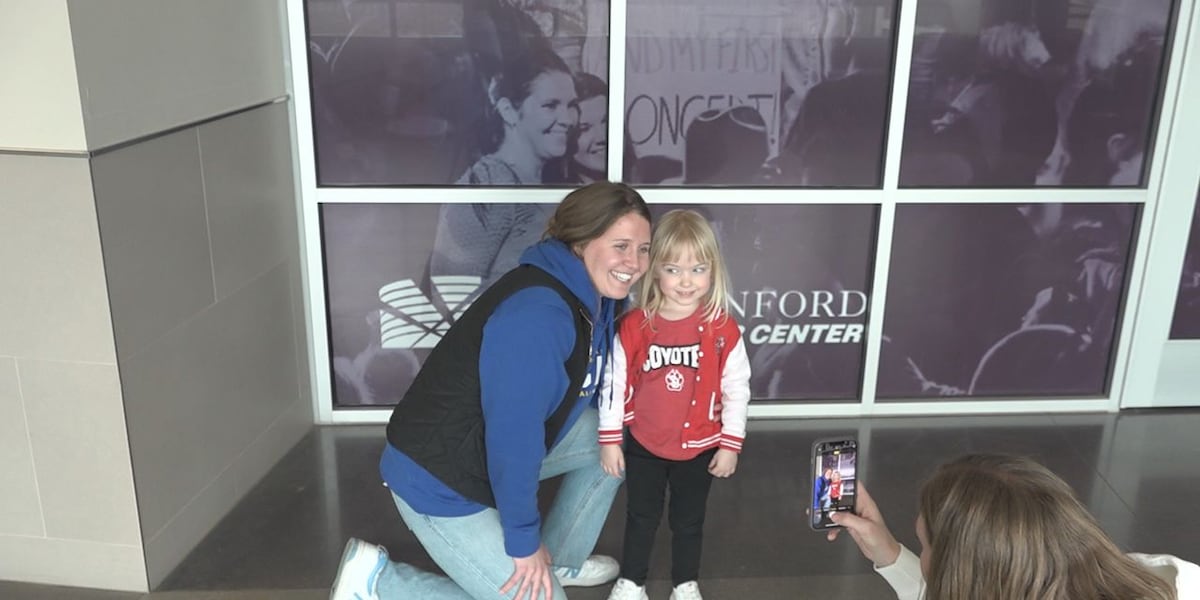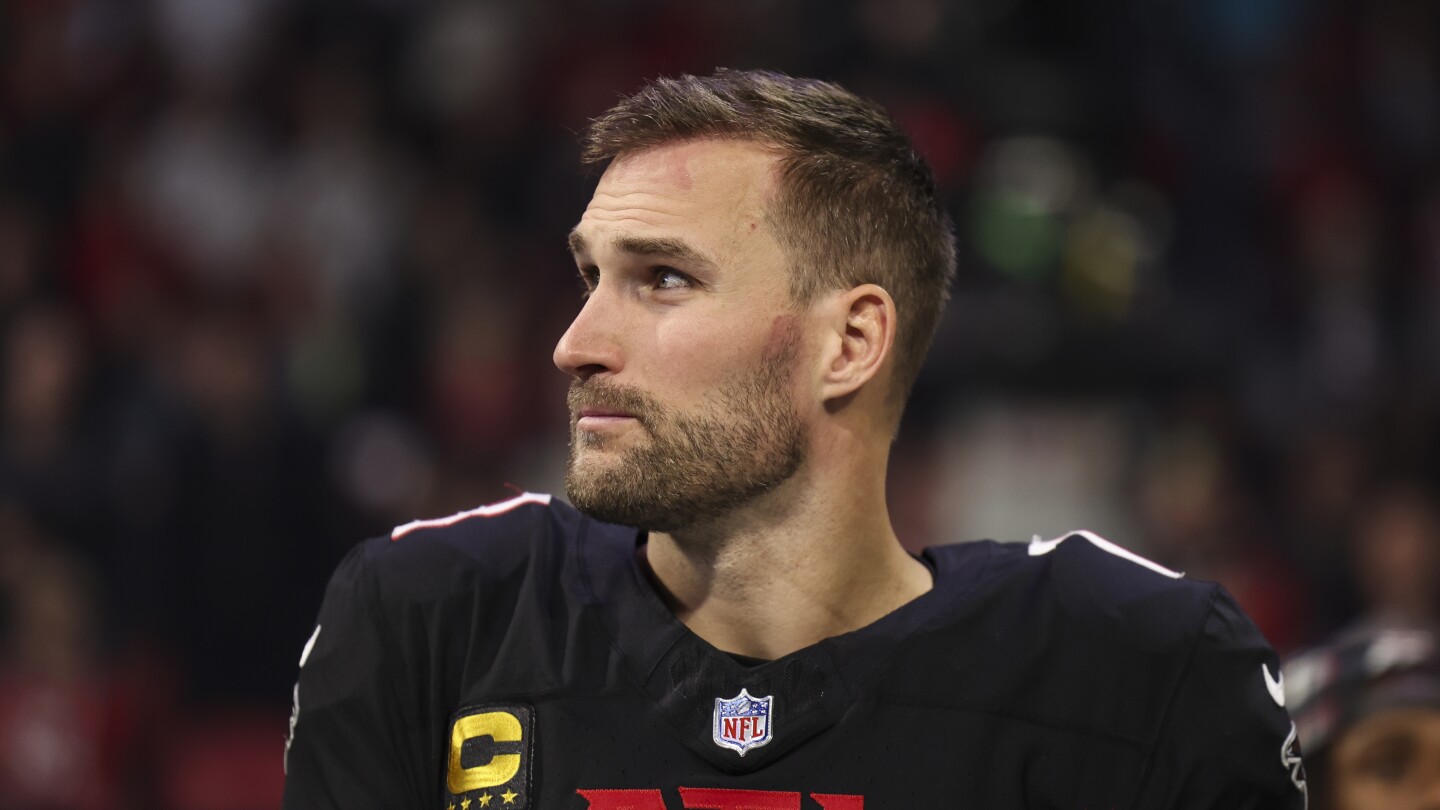Game Changers: How Women's Sports Are Revolutionizing Athlete Motherhood
Sports
2025-03-25 13:39:11Content

From Sidelines to Support: The Evolving Landscape of Childcare for Women Athletes
The journey of women athletes balancing professional sports and motherhood has been a challenging and transformative one. Over the decades, childcare benefits have gradually expanded, offering more support and opportunities for female athletes to pursue their dreams while raising families.
In the past, women athletes often faced impossible choices between their athletic careers and motherhood. Today, progressive policies and increased awareness have begun to shift this narrative. Major sports organizations and sponsors are increasingly recognizing the importance of supporting athletes who are also mothers.
Notable improvements include more flexible training schedules, on-site childcare facilities at training centers, and financial support for childcare expenses. Organizations like the Women's Sports Foundation have been instrumental in advocating for these critical changes, helping athletes maintain their competitive edge while nurturing their families.
However, the landscape is not yet perfect. Many women athletes still struggle with inadequate support, career interruptions, and the financial challenges of balancing professional sports with parenthood. While significant progress has been made, there remains a critical need for more comprehensive and consistent childcare support across all levels of women's sports.
The ongoing conversation about athlete support continues to push boundaries, challenging sports organizations to create more inclusive environments that recognize the full complexity of women athletes' lives. As awareness grows, so does the hope for more equitable and supportive systems that truly empower women to excel both on and off the field.
Breaking Barriers: The Evolving Landscape of Childcare Support for Women Athletes
In the high-stakes world of professional athletics, women have long navigated a challenging terrain of professional demands and personal responsibilities. The intersection of motherhood and elite sports has historically been a complex battleground, where female athletes have fought not just for recognition on the field, but for the fundamental right to balance their athletic careers with family life.Empowering Champions: Transforming Maternal Support in Professional Sports
The Historical Struggle of Athlete Mothers
Professional women athletes have confronted extraordinary challenges when attempting to maintain their competitive careers while raising children. Historically, sports organizations viewed pregnancy and motherhood as career-ending events, forcing many talented athletes to choose between their professional aspirations and family responsibilities. The systemic barriers were formidable, with limited financial support, inadequate healthcare provisions, and minimal institutional understanding of the unique needs of athlete mothers. The landscape began shifting dramatically in recent years, driven by courageous athletes who refused to accept outdated paradigms. Pioneering women like Serena Williams, Alex Morgan, and Allyson Felix have publicly challenged existing structures, demanding comprehensive support systems that recognize the multifaceted nature of their professional and personal lives.Institutional Transformations and Policy Innovations
Sports governing bodies and sponsorship organizations have gradually implemented more progressive policies addressing childcare challenges. Nike, for instance, revolutionized its approach by guaranteeing athlete contracts during pregnancy and postpartum periods, effectively protecting women's economic stability during critical life transitions. These policy innovations extend beyond mere financial considerations. Many organizations now provide comprehensive support packages including flexible training schedules, on-site childcare facilities, travel accommodations for family members, and specialized medical and psychological support tailored to athlete mothers' unique experiences.Economic and Psychological Dimensions of Athlete Motherhood
The economic implications of comprehensive childcare support are profound. By creating environments that accommodate maternal responsibilities, sports organizations unlock tremendous potential, retaining world-class talent that might otherwise be lost to systemic barriers. Psychological research increasingly demonstrates that supportive infrastructures not only benefit individual athletes but contribute to broader cultural transformations within competitive sports. Female athletes who successfully navigate motherhood while maintaining elite performance become powerful role models, challenging societal narratives about women's capabilities and redefining expectations across professional landscapes. Their experiences illuminate the intricate connections between personal resilience, institutional support, and transformative social change.Global Perspectives and Emerging Trends
While progress has been significant, disparities persist across different sports, regions, and organizational cultures. International competitions and multinational sports federations are increasingly recognizing the need for standardized, comprehensive support mechanisms that transcend geographical and cultural boundaries. Emerging technologies and innovative workplace strategies are further expanding possibilities for athlete mothers. Remote training options, advanced monitoring technologies, and personalized rehabilitation programs represent cutting-edge approaches to supporting women's holistic athletic experiences.Future Horizons: Continuing the Momentum
The ongoing evolution of childcare support for women athletes represents more than a policy adjustment—it signifies a fundamental reimagining of professional sports culture. As awareness grows and successful models emerge, the momentum toward more inclusive, supportive environments continues to build. The journey is far from complete, but each breakthrough creates pathways for future generations of athletes to pursue their dreams without sacrificing personal aspirations. The narrative is shifting from accommodation to celebration, recognizing that motherhood and athletic excellence are not mutually exclusive but potentially complementary experiences.RELATED NEWS
Sports

Home Field Heroics: Lacrosse Squad Crushes Martha's Vineyard in Thrilling Showdown
2025-04-07 02:50:00
Sports

Breaking: Ex-SDSU Athlete Reveals Truth Behind Women's Sports Legislation
2025-03-07 03:29:37






